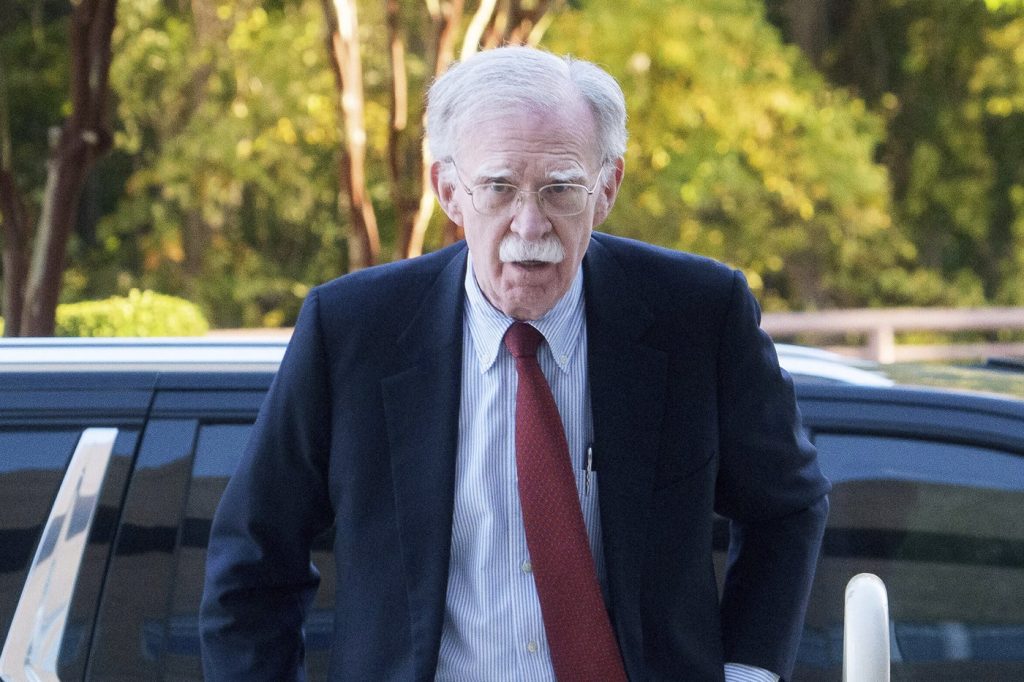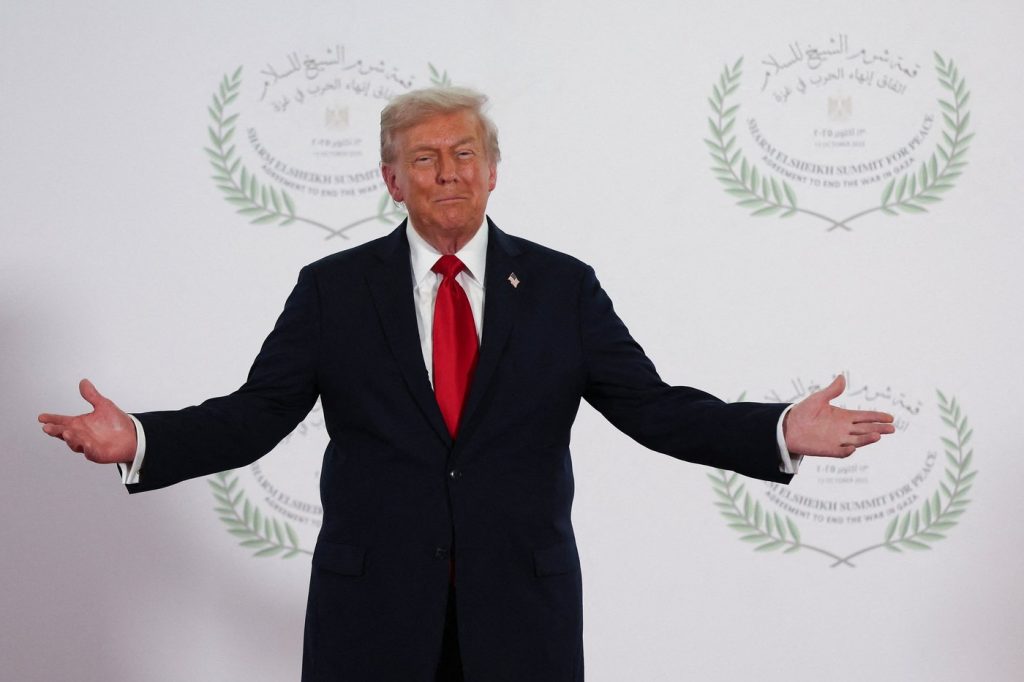Former National Security Adviser John Bolton pleaded not guilty on October 17, 2025, to charges that accuse him of emailing classified information to family members and retaining top secret documents at his residence in Maryland. The case against Bolton represents one of the recent Justice Department actions targeting perceived political adversaries of former President Donald Trump. During his court appearance, he was ordered to be released from custody.
The indictment against Bolton suggests that his actions may have compromised national security, amid concerns regarding the Trump administration's use of law enforcement to pursue political foes. Bolton has indicated that his defense will pivot around the assertion that these charges are politically motivated and part of an effort by Trump to intimidate dissenters. Notably, the investigation into Bolton was already in progress prior to Trump's second inauguration in January, and it appears to have followed a more standard legal process compared to other recent cases against Trump adversaries.
Specifically, Bolton is accused of sharing over 1,000 pages of notes containing sensitive information from governmental meetings and intelligence briefings with his wife and daughter. Prosecutors assert that some of this information became vulnerable when his email account was hacked by suspected Iranian operatives. Additionally, Bolton reportedly kept highly classified information concerning foreign adversaries' military plans and covert U.S. operations in his home.
Attorney General Pam Bondi emphasized the principle of equal justice, declaring that those in positions of power who jeopardize national security would be held accountable. Bolton, aged 76, has been a notable figure in Republican foreign policy and served as national security adviser for over a year during Trump's first term before his dismissal in 2019. He subsequently published a book critical of Trump's foreign policy approach.
The current indictment is considered to contain more comprehensive allegations than prior cases involving former FBI Director James Comey and New York Attorney General Letitia James, as it was signed by experienced national security prosecutors rather than a politically appointed U.S. attorney. Bolton has characterized the criminal case as a repercussion of failed efforts by the Justice Department to prevent the release of his 2020 book, "The Room Where It Happened," which portrayed Trump unfavorably.
Bolton's legal team insists that he did not unlawfully share or store any classified information, arguing that the notes referenced in the indictment were part of his long-term diary practices as a public official. His attorney, Abbe Lowell, claimed that the alleged infractions had been disclosed to the FBI as early as 2021.
The Justice Department's long-standing history of handling classified documents cases has varied based on the intention behind the mishandling of information. A comparison can be made with former President Trump's case, in which he faced charges not only for retaining classified documents at his Mar-a-Lago estate but also for obstructing efforts to recover them. Similarly, recent investigations into President Joe Biden and former Secretary of State Hillary Clinton showcased the complexities inherent in prosecuting such cases, often leaning heavily on the perceived intentions of the accused.
In light of the allegations, the ongoing developments in Bolton's case bear significance not only for him personally but also for the broader political landscape, highlighting ongoing tensions between law enforcement and political figures in the realm of national security. As the legal process unfolds, Bolton's defense will likely scrutinize the motivations behind the indictment, possibly framing it as part of a larger narrative related to political retribution.












